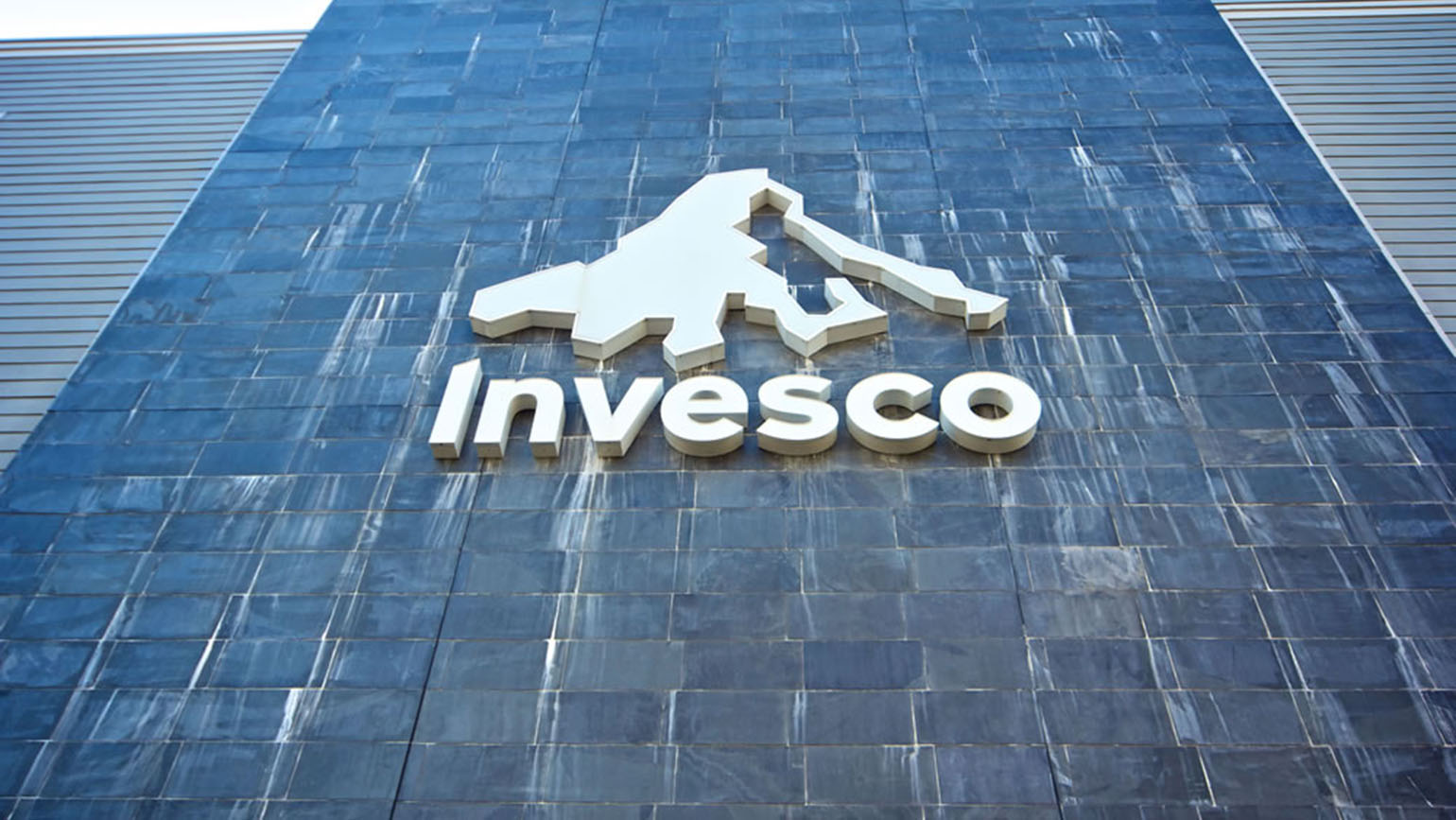SEC Fines Invesco Advisers $17.5M For “Misleading” ESG Claims


Invesco Advisers will pay $17.5 million to settle SEC charges it misled investors when claiming the company invested as much as 94% of its assets under management while considering environmental, social and governance factors.
According to a settlement letter, this percentage included Invesco’s passive ETFs. However, those strategies (including the Invesco QQQ Trust, the firm’s largest ETF that tracked Nasdaq’s 100 largest non-financial companies) didn’t follow an ESG-related index.
“Invesco overstated the percentage of AUM that was ESG integrated because the percentage included all ETFs, irrespective of whether the ETF followed an ESG strategy,” the complaint read.
In late 2019, Invesco realized that using ESG considerations in investment decisions was a “commercial imperative.” This was particularly the case in the European, Middle East and African markets because of shifts in Europe’s regulatory framework requiring more sustainability-related disclosures. According to the commission, Invesco believed that 30% of its AUM (totaling about $370 billion) could be “at risk” without changes.
Starting in April 2020, Invesco claimed it had made mammoth strides in ESG integration. In one 2020 presentation, Invesco stated that 87% of firm assets had “minimal but systemic” ESG integration, while another 6% were “systemic and fully integrated.” In a June 2020 presentation to an unnamed large U.S. wealth management firm, Invesco claimed it reached “90% of AUM integrating minimum ESG levels.”
Invesco made similar claims for the next two years, but the commission said these statements were “overstated.” Invesco included all of its passive ETFs in these percentages regardless of whether those ETFs followed an ESG strategy, and passive ETFs accounted for about one-third of Invesco’s total AUM at the time, according to the SEC.
By mid-2021, Invesco employees, including “senior members of the ETFs and Index Strategies group,” saw the problem with these claims. Prior to this, the group didn’t know that Invesco’s ESG team had classified all ETFs (including passive ETFs) as ESG-integrated. One member wrote in July 2021 that Invesco had not been hired in these products “to express an ESG tilt.”
“Employees proposed refining Invesco’s previously announced goal of having 100% of its AUM ESG integrated so that the goal would only pertain to actively managed strategies or ESG-specific ETFs, but that change was not made,” according to the SEC’s settlement letter.
While Invesco saw commercial potential in telling investors that a high percentage of the company’s assets were ESG-integrated, “saying it doesn’t make it so,” SEC Enforcement Division Acting Director Sanjay Wadhwa said.
“Companies should be straightforward with their clients and investors rather than seeking to capitalize on investing trends and buzzwords,” he said.
The commission also criticized Invesco for its paltry written policies and procedures on the subject. In particular, Invesco never adopted a policy defining “ESG integration,” even though it included it in public documents and told clients about the amount of company assets that were ESG-integrated, according to the SEC.
An Invesco spokesperson said the firm was pleased to resolve the matter.
“The SEC order makes no allegations or findings related to disclosures about specific funds or investment strategies. Invesco has not issued public reports of firmwide ESG integration levels since late 2022,” the spokesperson said. “Invesco Advisers, Inc. cooperated fully with the investigation and will continue to take a client-led approach of offering investment strategies tailored to the specific investment objectives of its clients.”
In addition to the $17.5 million fine, Invesco agreed to a censure and a cease-and-desist without admitting or denying the findings. According to the order, the SEC considered the firm’s cooperation with the investigation when determining to accept the settlement.

Student loans often follow borrowers for years, sometimes decades. Even people who fully understand how much they borrowed can feel...

It was a busy week for RIA aggregators. There were a few large moves, including $235 billion multi-family office Cresset...

Blog Posts Archives UnfavoriteFavorite February 27, 2026 Weave: The Social Fabric Project Subscribe to Weave’s Newsletter This story was originally...